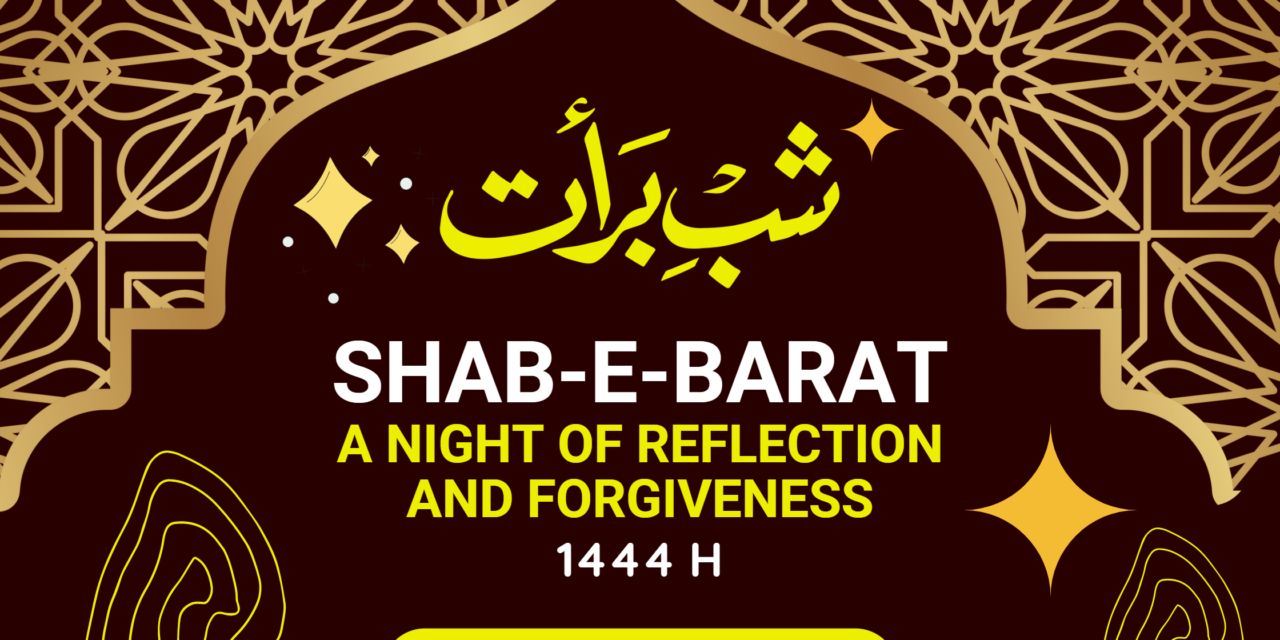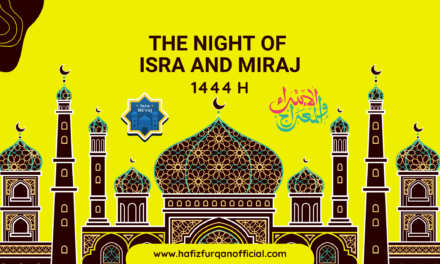Introduction:
Shab-e-Barat is A Night of Reflection and Forgiveness.
Q1: What is Shab-e-Barat?
Shab-e-Barat is a significant event in the Islamic calendar that is celebrated annually on the 15th night of the month of Sha’ban. It is a time for reflection, forgiveness, and seeking divine mercy.
Q2: Why is Shab-e-Barat significant in Islam?
Shab-e-Barat is considered to be a night of great spiritual significance in Islam, where Muslims reflect on their actions and seek forgiveness for any wrongs they may have committed. It is a time to seek divine mercy and blessings and to strive to improve one’s relationship with Allah.
Q3: What are the recommended activities during Shab-e-Barat?
Muslims are encouraged to fast during the day, engage in acts of charity, and spend the night in contemplation and seeking divine guidance. They may also offer supplications to Allah and seek forgiveness for their past actions and perform Nafil Salah as much as they can.
Q4: Is fasting during Shab-e-Barat mandatory in Islam?
While fasting during Shab-e-Barat is a common practice, it is not mandatory in Islam. It is an optional Fast (Rozah).
Q5: Why is a reflection on one’s life important during Shab-e-Barat?
Reflecting on one’s life during Shab-e-Barat is a way for Muslims to set new goals and resolutions, think about their past actions, make amends with those they have wronged, and better themselves by resolving to be more generous, kind, and compassionate in the coming year. and especially to be prepared for Ramadan month. So we can start Ramadan meaningful if we prepared ourselves before it, and can get all the blessings of the holy month of Ramadan.
Q6: What is the significance of visiting graveyards on Shab-e-Barat?
Visiting graveyards on the night of Shab-e-Barat is a common practice in some Muslim communities. Prophet Muhammad PBUH went to Jannatul Baqi graveyard once in his life during Shab-e-Barat. However, this practice is not considered mandatory in Islam, and some scholars hold the view that it is discouraged. Instead, Muslims are encouraged to focus on seeking forgiveness and engaging in acts of charity, supplication, and reflection.
Q7: When is Shab-e-Barat?
The date of Shab-e-Barat is based on the Islamic lunar calendar and changes every year. In the Gregorian calendar, it falls on the 14th or 15th night of the month of Sha’ban, which is the eighth month of the Islamic calendar. The exact date of Shab-e-Barat can be determined by local Islamic organizations or religious leaders.
Conclusion
Shab-e-Barat is an important event in the Islamic calendar that is celebrated by Muslims around the world. It is a time for reflection, forgiveness, and seeking divine mercy, and an opportunity for Muslims to better themselves and seek a closer relationship with Allah. Whether through fasting, acts of charity, or seeking divine guidance, Shab-e-Barat is a time for Muslims to come together in a spirit of unity and humility and be prepared ourselves for The Holy Month of Ramadan.







